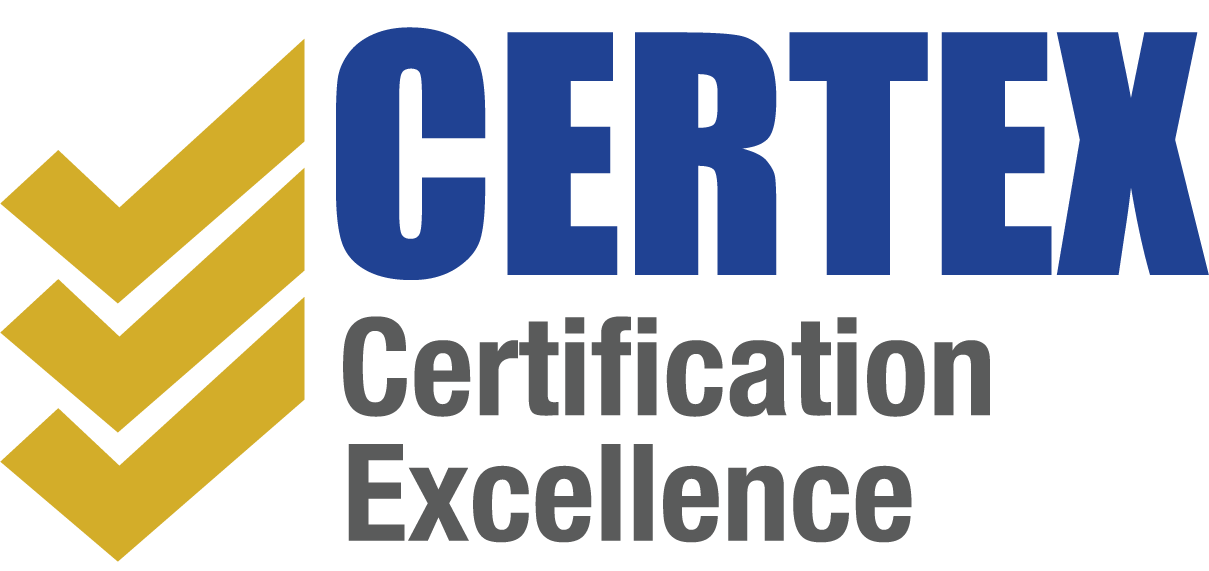Industry Insights from 2 years of BVRs
Certex’s Business Verification Review (BVR) recently celebrated the 2-year anniversary of its commencement. The BVR is an assessment of the legislative compliance of companies. The program spans multiple areas and is adaptable to specific business conditions. It can broadly be reduced to 14 areas of compliance – those of which are detailed in the graph below.
Since its inception, we have conducted assessments of numerous organisations, which has exposed a compliance gap for the labour hire industry in several areas. Any compliance gap should be a concern to the organisation involved.
Compiling the results of two years of BVR assessments, our findings have shown that there is a broad industry-wide trend to underperform in areas of privacy, safety and the essential policies of a business – those of anti-discrimination/bullying/harassment, data breach, return to work and so on.
Privacy has been identified as the area of greatest weakness for the industry. Fewer than 50% of those assessed were fully compliant. This exposes organisations to risks of data breaches of their own sensitive material, as well as those of their candidates. Privacy has languished and must be amended in order to fulfill legislative requirements for continued operation.
As businesses move to digital platforms in the wake of COVID-19, ensuring privacy is up to scratch is essential for all organisations. Protecting personal and corporate confidential information are not just best practice, but the law.
Safety has long been an area of development for the industry. In the 2-years since the BVR began, this area has seen the most attention and development; however, safety remains one of the weakest areas for compliance. The safety obligations are better known, but the full duty of care for contractors is often less fully understood and adhered to.
All labour hire companies have a duty of care for their candidates on client sites. Even now, as more and more staff are working from home, this does not relinquish organisations from their statutory safety responsibilities. While the safety challenges may not be the same, procedures for mental health and fatigue, ergonomics, stress management and more remain essential for compliance. Once organisations start returning to work, as has already started in some states/territories of Australia, proper return to work guidelines in line with the COVID-safe principles will be crucial moving forward and complying with safety standards.
Essential policies have also been identified as an area where there is a sizeable gap in compliance. These are policies of anti-discrimination and harassment, casual worker engagement, contract management and return to work. These are the foundations that all business must get right, failure to comply has led many organisations to be engulfed in wage theft scandals, and has taken on renewed significance following the reinterpretation of casual work decision in the Workpac v Rossato case. To read our summary of Workpac v Rossato, click here.
Certex offers a number of services that can help you meet muster in these areas. The iPrivacy, iEngage and iSafe programs are a good starting point to assess how your systems stack up and determine whether they meet the minimum requirements. Alternatively, the JAS-ANZ accredited TES certification is an option to show your clients that you take these matters seriously and have a proven ability to go employ best practices in privacy, safety and the essential policies in the industry. If you want to find out more about these options or would like a quote, you can contact us by following the link


